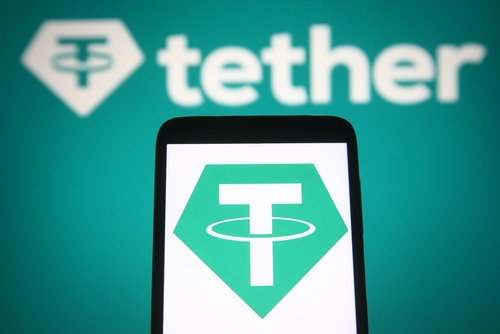
- Tether says the UN report and analysis ignored the fact that USDT is traceable on the blockchain.
- CEO Paolo Ardoino says the stablecoin issuer will continue to collaborate with law enforcement and other parties, including the UN.
Tether has responded to a United Nations report that identified the USDT stablecoin as widely used in money laundering, organised crime and other illicit activity in the Southeast Asia region.
The crypto company, whose USDT is the world’s largest stablecoin at $95 billion today, says its “disappointed in the UN’s assessment.”
“We are disappointed in the UN’s assessment that singles out USDT highlighting its involvement in illicit activity while ignoring its role in helping developing economies in emerging markets, completely neglected by the global financial world simply because servicing such communities would be unprofitable for them,” Tether wrote in a blog post published January 15.
Tether says UN report ignores traceability of USDT
The UN warned in a report published Monday that Tether had become the most prominent vehicle for illegal transactions, particularly through unregistered online gambling platforms.
According to a report by the Financial Times, the UN also identified USDT’s role in underground romantic scams dubbed “pig butchering.”
In November last year, the US Department of Justice seized $9 million worth of USDT linked to a pig butchering scheme. Tether had earlier announced it froze $225 million in USDT, with the funds linked to a human trafficking ring in the SEA region.
In its response to the UN report, the company has reiterated its collaboration with law enforcement and also stated that Tether transactions are traceable on the blockchain, making it an ‘impractical choice for illicit activities.”
“The UN’s analysis ignores the traceability of Tether tokens and the proven record Tether has of collaborating with law enforcement. Rather than focusing solely on risks the UN should also discuss how centralized stablecoins can improve anti-financial crime efforts,” the stablecoin issuer added.
In a comment posted on X, Tether CEO Paolo Ardoino said there’s need for blockchain education at all levels. The firm also welcomes further collaboration, including with the UN, he noted.
